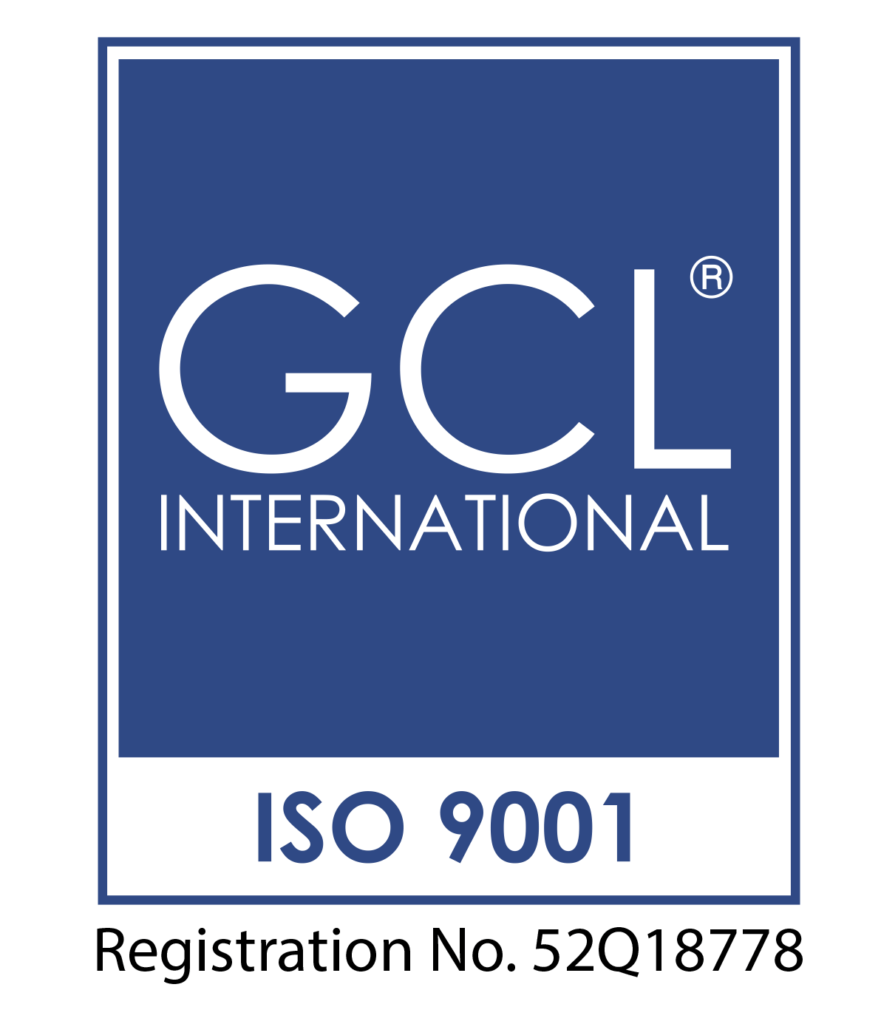Cebu Normal University is set to receive P7 million worth of grants from the Commission on Higher Education (CHED) that would enable the university to implement three projects.
Two of these projects focus on improving flexible learning — the Flexible Learning Modality Training for Teacher Educators (FLMTTEd) with an allocation of over P2.5 million and the Flexible Instructional Materials Development for Teacher Educators (FIMDTEd) which has been earmarked P1.8 million.
The third project, Developing Global Filipino Teachers (DGFT), has been allocated a budget of P2.6 million. It aims to equip teachers with the needed pedagogical and socio-cultural competencies as global educators.
Flexible learning
Amid the onslaught of the COVID-19 pandemic, CNU has been actively pursuing projects meant to help convert threats and challenges to opportunities.
In a survey conducted by the university, educators expressed the need to reshape their lessons to include provisions for flexible learning modalities to meet the changing educational landscape brought about by COVID-19.
Thus, FLMTTEd aims to train faculty members of teacher education institutions on effective implementation of flexible learning modalities in the teaching learning processes in the new normal.
To achieve this, CNU has forged partnerships with Cebu Technological University-Tuburan Campus and Leyte Normal University.
On the other hand, FIMDTEd aims to develop research-based flexible instructional materials such as modules for the professional education courses in teacher education.
These will be utilized by educators, specifically those who are teaching in local colleges within Central Visayas.
The flexible instructional package for a professional education course includes lectures, readings, worktext, problem-based activities, and other resources that can be used in both face-to-face and online classrooms.
Going global
Meanwhile, the DGFT program of the CNU College of Teacher Education seeks to help Filipino educators in Cambodia increase their cultural awareness to address global change. This, as schools have increasingly become more culturally diverse.
It also aims to help the educators develop their teaching skills to create a learning setting wherein students respect each other, value diversity, and collaborate effectively.
The program is set to conduct intensive review classes, hands-on trainings on varied learning modalities and practice exercises to be done in Cambodia and in the Philippines.
With this program, teachers are expected to acquire the needed competencies as global educators, and pass the licensure examination at the same time. –/Chiel Martina Y. Condor/JMD




